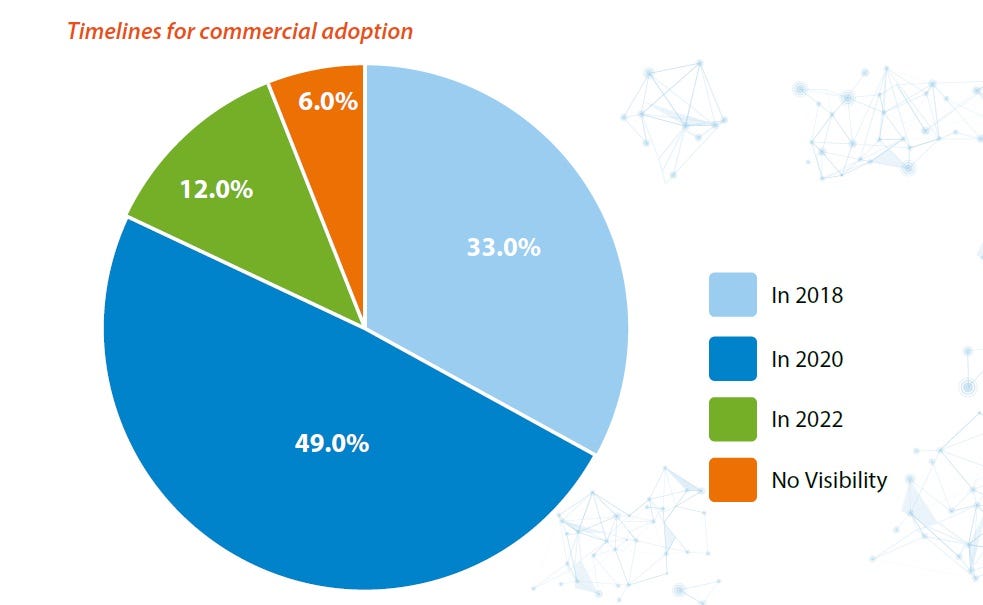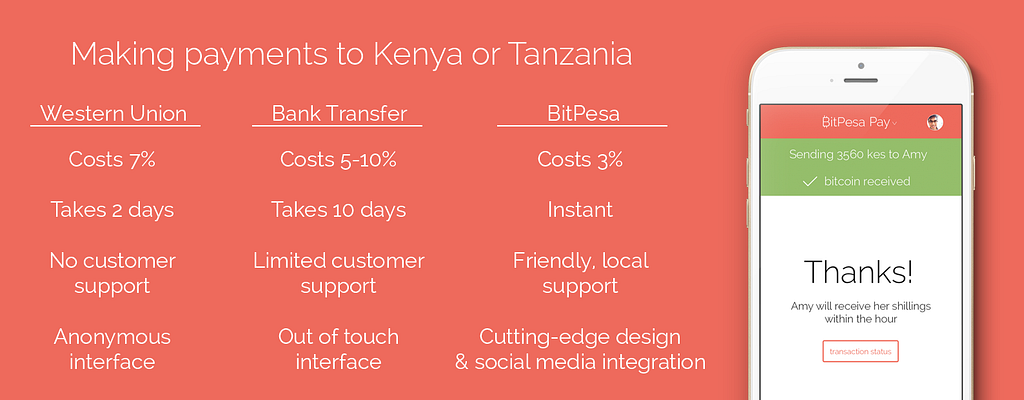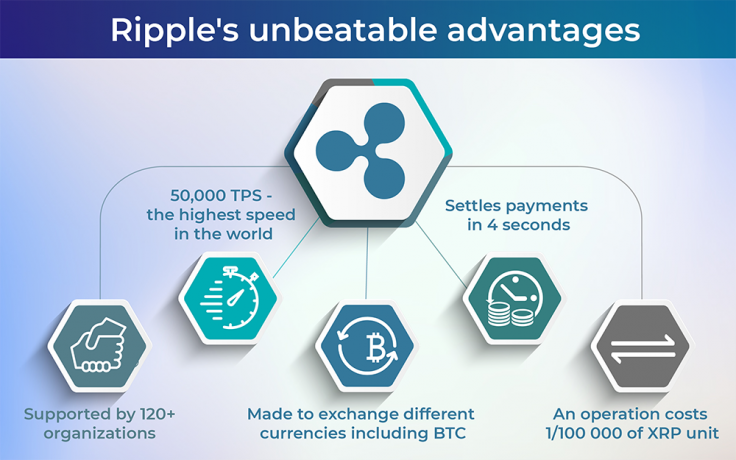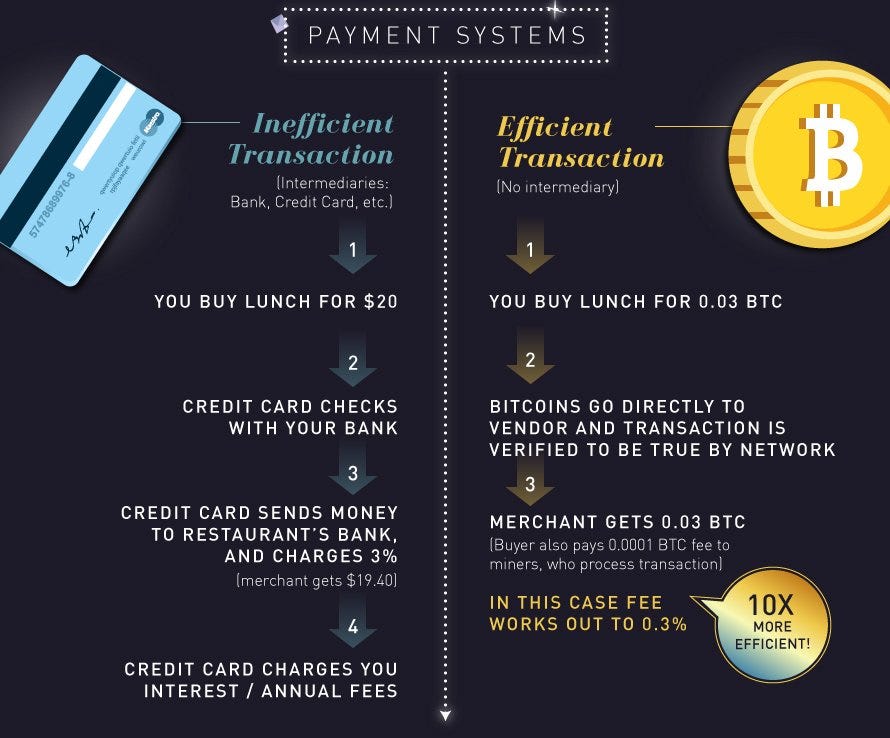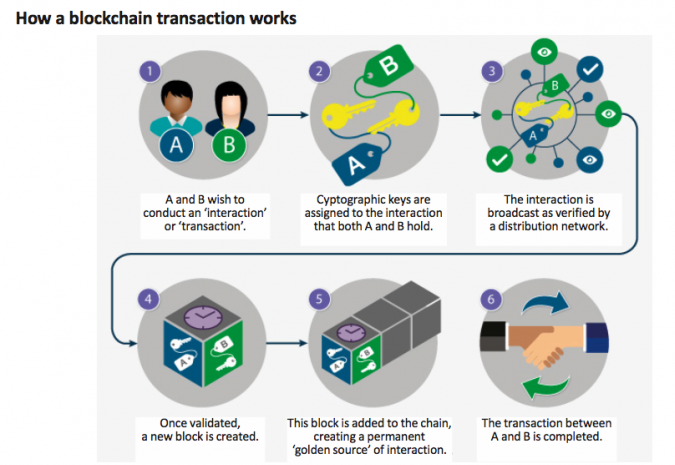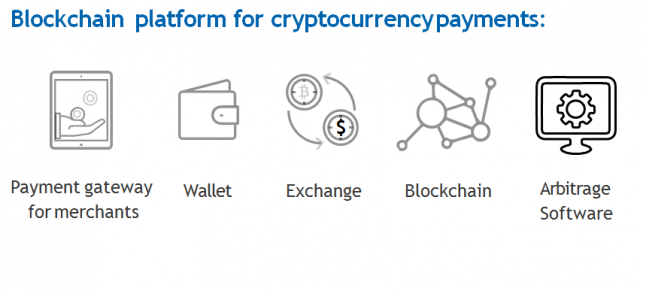Latest news about Bitcoin and all cryptocurrencies. Your daily crypto news habit.
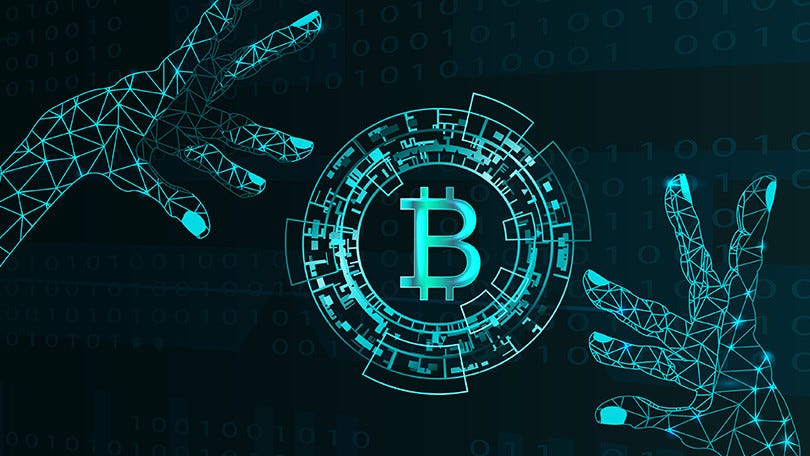
The possibilities for blockchain payment systems are far-reaching these days. It is now possible that Blockchain could replace credit cards in the near future. So, is it going to happen by 2022?
Yes, it may happen that soon!
A decade back, digital cards (debit & credit) came in the banking industry and did some changes. Honestly, it made our life easier.
However, now with the help of blockchain, it is even easier and cost-effective. It uses the encrypted distributed ledgers that can work with or without banks and clearing houses.
If things go as per prediction, the market is going to be ten times bigger.
Yes, 10 TIMES!
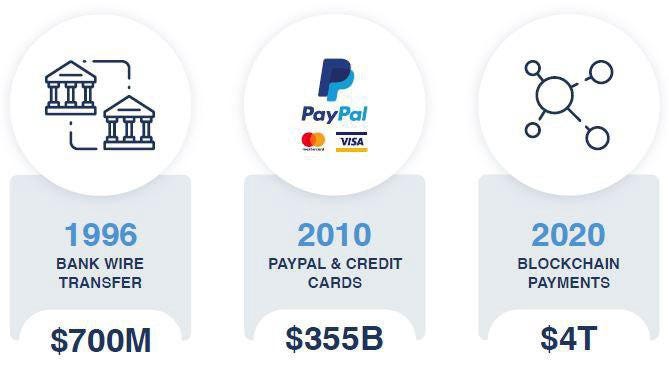
See how the banking industry is rapidly adopting blockchain in payment transactions.
- According to reports, 69% of banks and financial institutions are experimenting with permissioned blockchains.
- 50% of banks globally are working in collaboration with a fintech company to launch their blockchain payment capabilities.
- In a report, it has been proved that over 75 of banks from around the world have tested Ripple’s technology with their own blockchain payment systems.
Blockchain improves the security of each payment that you transact online. It also opens up new ways to innovate cross-border payments.
Take an example of BitPesa, a Korean company that allows you to send and receive payments without having a bank account or payment wallet.
This same type of blockchain payment system is now being used by the different companies in different nations that do not require you to have a local banking infrastructure to support payments.
Brands like Ripple and IBM are working hard to create their own blockchain payment systems that accept payments in local currency and move those funds using blockchain technology.
It has been already in the news in 2017 that Mastercard is using blockchain over other currencies to process the payments of its goods and services. Essentially, this is the first step towards to use the benefits of blockchain payment technology within the existing financial system.
Another big innovation in the blockchain payment systems is the union of blockchain and IoT (Internet of Things) that is changing the way how payments are handled and tracked on IoT devices.
Blockchain now has many more advancements over credit card payments. Cryptocurrencies like Bitcoin and Ethereum are built on public blockchains that anyone can use to send and receive money around the world to access fast, cheap, and borderless payments.
Co-founder and CEO of Crypto.com, Kris Marszalek, said that “blockchain payment platforms provide a better way to handle online payments which will also replace credit card payments soon in the coming years.”
He also added, “charges levied on credit card transactions are unnecessarily high and are focused on just taking out money from the people.”
6 Ways Blockchain Payment Platforms Could Replace Credit Cards
Blockchain technology is transforming the entire scenario businesses handle their payment transactions on a global scale. That’s why demand for blockchain-enabled services are on the rise and has grown so much over the past few years.
There are brands working in the market to make it easier for businesses to design blockchain-based protocols to empower businesses, global institutions, and individuals. And to give them an advanced level of security, transparency, and ease of use.
Bitcoin Vs. Credit Cards
Points are as follows:
1. Blockchain Need Your Permission for Payment Transaction Not Credit Cards
The basic difference between blockchain and credit cards is that all payments and transfers you make are done with your full consent. It means, as a cryptocurrency user, you can decide exactly when, how, and under what terms, to transact your money. Also, the transaction cost when payment is made through the blockchain platform is less than 1% that is quite lesser than the transaction cost of payments you made through credit cards.
2. Blockchain a Safe Technology for Payment Transactions
With blockchain payment platforms there is no need to add intermediaries within the network. Unlike credit cards transactions, blockchain payment platforms provide you an inherently secure way to send and receive payments. Also, there is full transparency in blockchain-enabled payment transactions.
This means a merchant has to show you receiving address to initiate a payment that is possible with access to your private key. This shows, at no point, a person or merchant can have access to your funds except for the payment and after the complete steps have been completed.
3. Blockchain Payment Platforms Allow You to Signup Easily
We all know that opening a new account or getting a new credit card for your purchases requires you to follow a time consuming and lengthy process with lots of paperwork.
On the other hand, if you use cryptocurrency blockchain payment platforms, you will be able to do so instantly. And, it’s as easy as downloading an app to your smartphone.
4. Blockchain Payments Can’t be Seized, Stopped or Blocked
On blockchain platforms, your payments can’t be blocked and also your balances can’t be seized. This tends to be quite common in the credit card transactions as most of the companies are not compliant to laws and legal abidance.
For example, there is a case of seizure of account balance of the people in Cyprus that had a portion of their account blocked by the government. With blockchain cryptocurrency, your money is safe and can’t be seized by anyone, and your balances remain safe from the direct theft and vulnerabilities.
5. Blockchain Platforms Don’t Charge You With High Processing Fees
The main benefit of blockchain payment platforms over credit cards is low transaction fees. Businesses today are looking to use a platform that provides them the facility within the minimum purchase value. So, with blockchain, it’s easy to avoid the high-cost processing fees for small purchases. Unlike credit card payments your cash is now can be used by anytime, anywhere, with no setup barriers, and low processing fees.
6. Blockchain Technology Is Good For Peer-to-Peer Transfers
One of the best aspects of using blockchain payment platforms over credit cards is the ability to make a peer-to-peer payment that involves a merchant and another individual as well. With credit cards, cross payment transfer is always an issue. But, with the same blockchain wallet, you can use it to pay for your shopping bill and the same one can be used to pay back your friend’s phone bill. Also, if you don’t have a cryptocurrency wallet you can acquire it easily within a minute.
Bottom Line
Ultimately, Blockchain resembles more effective and impressive when compared with credit cards. The technology aims to combine the advantages of easy payment transactions by leveraging the power of digital platforms.
Blockchain technology in payment transactions has enormous potential to securely process payment transactions and to manage data. With a blockchain payment solution, you can offer businesses a way to transact payments without any heavy fees or sign up requirements as done by the banks, and credit card companies.
As we come to the end of the discussion on blockchain vs. credit card, now we hope a few things are clear to you about the best technology to use. Hence, if you are trying to choose one of them, then here’s our suggestion to go for the blockchain platforms that is a more good option for you if you have a business related to payment transaction or have any kind of app requirement for your business. Finally, the choice is yours!
Will Blockchain Replace Credit Cards by 2022? was originally published in Hacker Noon on Medium, where people are continuing the conversation by highlighting and responding to this story.
Disclaimer
The views and opinions expressed in this article are solely those of the authors and do not reflect the views of Bitcoin Insider. Every investment and trading move involves risk - this is especially true for cryptocurrencies given their volatility. We strongly advise our readers to conduct their own research when making a decision.
